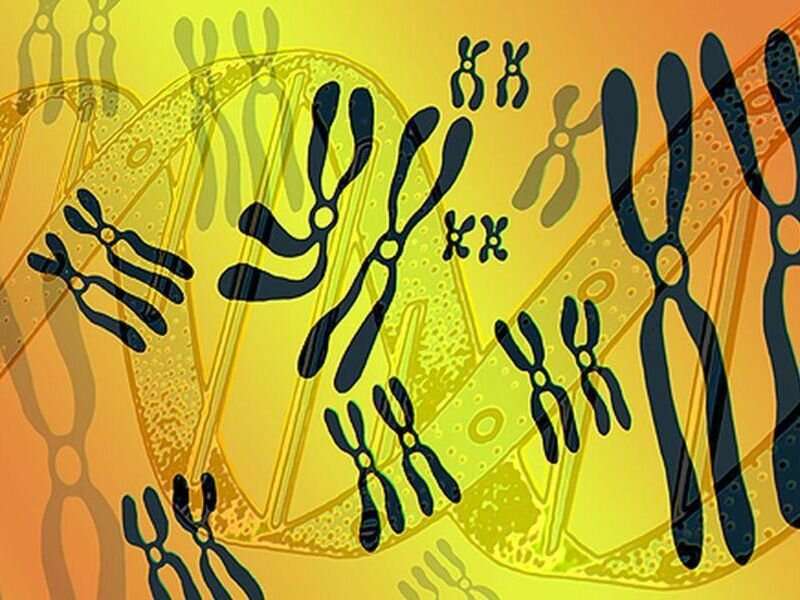Familial hereditary risk seen for hematologic cancers

(HealthDay)—There is a familial risk for hematologic malignancies, according to a study published online June 16 in Cancers.
Signe B. Clemmensen, from the University of Southern Denmark in Odense, and colleagues investigated familial predisposition to hematologic malignancies using data from 316,397 individual twins participating in the Nordic Twin Study of Cancer with a median of 41 years of follow-up.
The researchers found that the lifetime risk for any hematologic malignancy was 2.5 percent. However, this risk was elevated to 4.5 percent with a hematologic malignancy in a dizygotic co-twin and reached 7.6 percent if a monozygotic co-twin had a hematologic malignancy. Heritability of risk for developing any hematologic malignancy was 24 percent overall, which decreased across age. The estimated risk declined from approximately 55 percent at age 40 years to 20 to 25 percent after age 55 years, when risk stabilized.
"In this largest ever studied twin cohort with the longest follow-up, we found evidence of increased familial risk of hematologic malignancies and indications of familial predisposition, not only within the hematologic malignancies but also between overall hematologic malignancy and other types of cancer. Heritable factors were most important among young and middle-aged adults," the authors write. "The discovery of decreasing familial predisposition with increasing age underscores the importance of cancer surveillance in families with hematological malignancies."
More information: Abstract/Full Text
Copyright © 2021 HealthDay. All rights reserved.


















